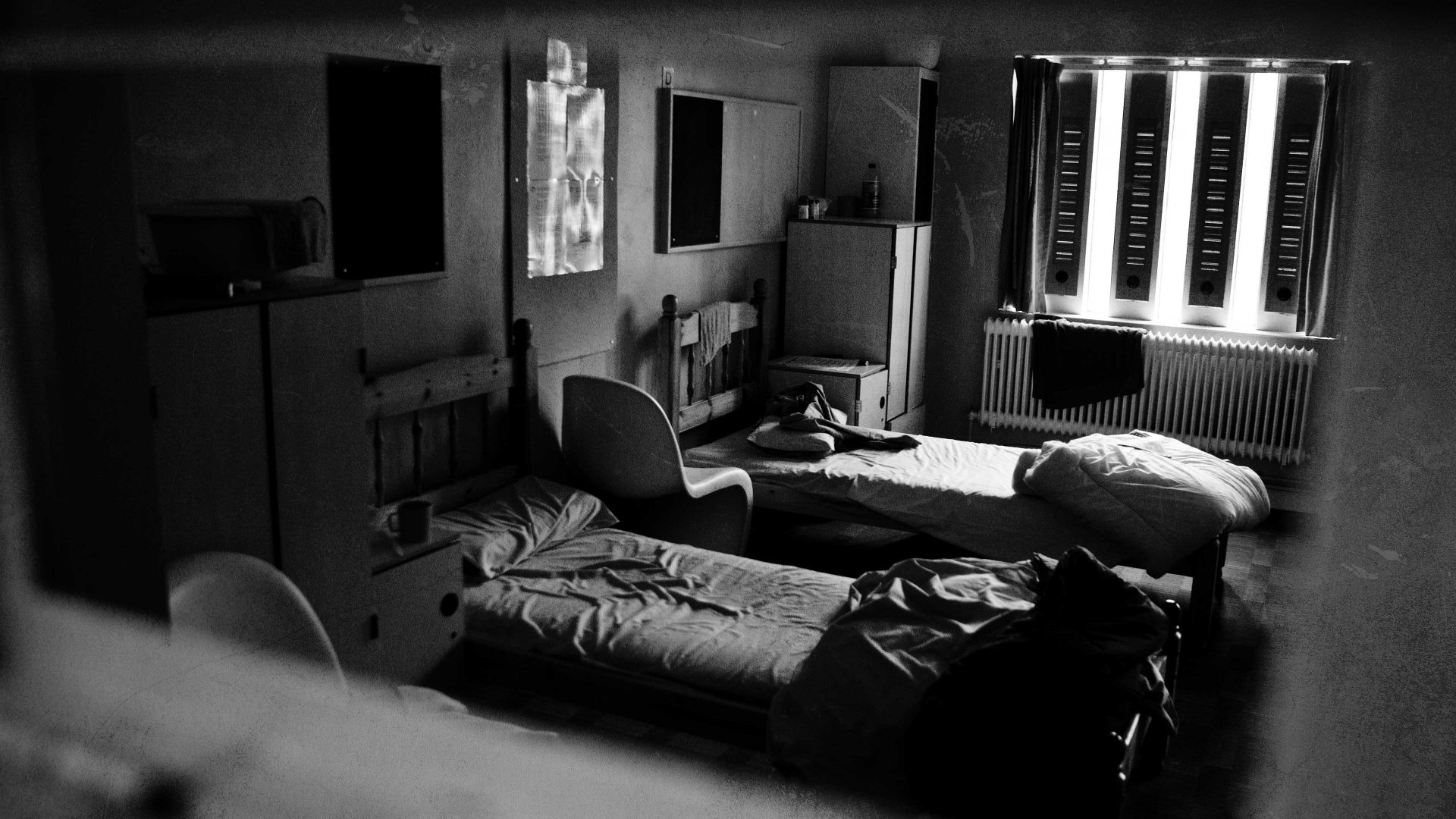What was the greatest disgrace of the last Conservative government? Among the many contenders, the state of Britain’s prisons now vies with the ‘black hole’ in the country’s finances for the title.
The prisons crisis has not been confected by a new government intent on demonising the previous regime. No administration would want to release thousands of prisoners early, knowing that the odds are a few will very quickly reoffend, some violently, generating a torrent of gory headlines. The lord chancellor and justice secretary, Shabana Mahmood, argues that she had no alternative.
The tabloids have been delighted by released prisoners shouting “big up Keir Starmer” and promising to vote Labour for ever more. Cartoonists have had a happy time, portraying premature gangster reunions toasting their government benefactors.
The Conservatives, having off-loaded the problem, have been loud in their criticisms of their successors’ actions but offered no real alternative solutions for dealing with prisons perilously close to bursting under the escalating numbers of inmates. The last lord chancellor, Alex Chalk, apparently realised the impending crisis and tried to persuade Rishi Sunak to do something. He did: he called an election.
While Labour lambasts the Tories for their failure to deliver more prisons, the fact is that the UK’s entire penal system is disastrous and has been since long before the last government took office. It locks up a higher proportion of citizens than any other western European country – more than twice the rate in Norway or the Netherlands. And they keep coming back for more: around 80 per cent of offending is re-offending.
As home secretary in 1993, Michael, now Lord, Howard declared that “Prison works”. It does: it succeeds in turning amateur criminals into professionals; it succeeds in turning non-users into drug addicts – and it succeeds in costing more than £50,000 a year for every person it incarcerates.
And yet Howard’s words played well with his Conservative voters and have continued to be the chosen philosophy of the right wing press. Last week, one of his former Conservative Cabinet colleagues, Kenneth, now Lord, Clarke, bemoaned the fact that he had been “quite unable to persuade my ministerial colleagues” to take a more enlightened approach to sentencing even though the evidence was it would have reduced reoffending. He hoped that prevailing attitudes might now have changed sufficiently to make reform possible.
But whether or not the right wing is ready for it, circumstances are forcing change now. If the lock-up and reoffending rates continued on trend, the country would need four-and-a-half substantial new prisons added every year. That would be a grim manifestation of a truly broken society.
So Mahmood has launched a sentencing review, under the chairmanship of David Gauke. One of the more honourable Tory ministers who could not tolerate Johnson’s antics, it is more relevant that he has been a trustee of the Prison Reform Trust.
In government parlance, ‘review’ too often translates as ‘prolonged investigation leading nowhere’ but, in this case, that is not an option. Without an imminent rethink as to when custodial sentences should be imposed, the entire criminal justice system would collapse.
After the August riots, there were fewer than 100 spaces in men’s jails. It does not require a massive leap of imagination to go from there to Mahmood’s somewhat apocalyptic suggestion that, without the decision to release some batches of inmates after serving just 40 per cent of their sentence, “We would have witnessed the total breakdown of law and order”.
The sad truth is that many prisoners are not equipped to cope with life, having problems emotional, physical, mental and often all three. Virtually half have drug issues – and it remains a terrible condemnation of prisons that drugs and alcohol appear to be available in them. Around a quarter have been in what is, often ironically, known as the care system in the UK. Almost half suffer from a degree of illiteracy.
If prison were rectifying at least some of these problems and then helping people train for work and find employment, it might make sense to insist that custodial sentences were lengthened. Instead, very often training facilities go unused because staff shortages mean inmates have to stay locked in their cells.
Prisons are currently not healthy places for prisoners or for staff. The justice minister, Lord Timpson, last week reeled off some dire statistics: “The average life expectancy for someone who is not in prison in this country is 82; if you are a man in prison, it is 56; if you are a woman in prison, it is 47.”
Timpson was appointed to his role by the prime minister because he is a renowned campaigner for prison reform. It is clear that he is as appalled by those life expectancy figures as were most of his audience in the Lords. Even the Tory spokesman, Lord Keen of Elie, conceded that “It is clear that penal reform has been overdue in this country for many years”.
That is about as close to an admission of failure as a Conservative frontbencher would ever venture. And it may mean that what Ken Clarke wanted to do decades ago is now possible.
Technology should enable many more people to serve sentences while remaining in their community. To make this effective, electronic tags have to work, with appropriate monitoring and the probation officers to provide support to both the technology and the individual. Plans for genuine rehabilitation need to be put in place and people who, for whatever reasons have made mistakes, need to be helped to be part of a better society than the one that bred them.
Simply locking them up never was the answer.




